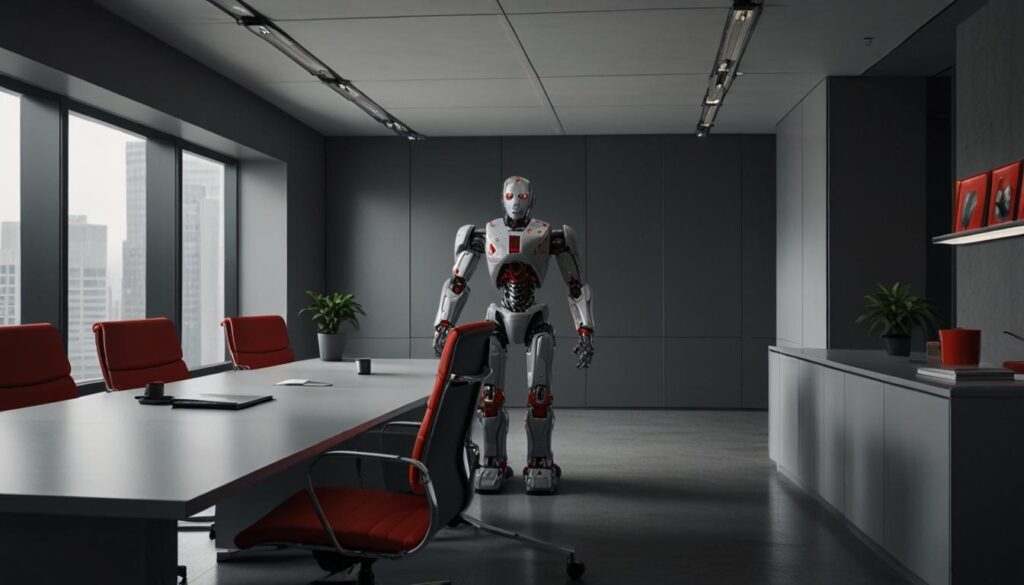The rapid integration of AI is revolutionising traditional job markets in healthcare, construction, retail, and more, while also enhancing safety in maritime navigation. Despite the benefits, challenges such as worker displacement and data privacy concerns persist, creating a complex landscape of opportunities and risks.
AI Integration Transforms Traditional Jobs Across Multiple Sectors
The rapid progression of Artificial Intelligence (AI) is significantly altering various traditional job markets, enhancing roles in healthcare, construction, retail, and more. In healthcare, AI-driven assistants are addressing staffing shortages by taking on various support tasks. In construction, AI-driven electricians are helping mitigate the scarcity of skilled tradespeople, promising increased productivity and safety.
Retail is also experiencing an AI transformation with advanced self-checkout systems potentially reducing the need for human cashiers. In Germany, the woodworking sector might see craftsmanship evolve as AI automates intricate tasks. Waste collection is another area where AI could take over, envisioning cleaner streets managed by advanced machines.
Creative industries are not exempt from this shift; AI is being used for scriptwriting and could soon challenge actors. Home cleaning is also advanced with sophisticated robotic solutions surpassing current technology. Culinary services, particularly in German bakeries, might be revolutionized as AI potentially automates the preparation of food items.
The integration of AI raises several challenges and controversies, such as the displacement of workers susceptible to automation, the need for retraining to manage AI systems, ethical concerns around bias, and data privacy issues. In contrast, advantages include increased productivity, better decision-making, improved safety, and job creation in AI maintenance.
AI Startup Enhances Maritime Safety
An emerging AI-focused company is enhancing maritime navigation, playing a key role in maritime safety. By using advanced algorithms and data analysis, the company provides real-time navigational insights, helping sailors avoid collisions and navigate challenging conditions. Their AI tools analyze data from multiple sources to enhance situational awareness and decision-making.
Challenges to integrating AI in this field include updating existing maritime infrastructure, managing data privacy and security, and ensuring regulatory compliance. Benefits include improved decision-making and environmental protection, while disadvantages include technological failure risks and high initial costs.
Elon Musk’s xAI to Develop Supercomputer
Elon Musk’s xAI is developing an advanced supercomputer to bolster its AI capabilities. Collaborating with Oracle, xAI aims to construct a powerful computing “Gigafactory” using Nvidia H100 GPU chips. This supercomputer is set to support projects like the Neuralink chip and the Grok language model. While promising significant advancements in AI research, challenges include the supercomputer’s energy consumption and the need for robust security measures.
Apple to Integrate AI into iOS 18 Inspired by GitHub Copilot
Apple’s iOS 18 is expected to feature extensive AI integrations inspired by GitHub’s Copilot. Senior VP Craig Federighi was influenced by Copilot’s generative AI capabilities and has directed Apple’s engineering team to embed AI across applications like Messages, Mail, Photos, and Siri. Apple’s strategy involves in-house AI development and potential collaborations with OpenAI and Google. Challenges include maintaining data privacy and addressing AI biases, while anticipated advantages include enhanced user experiences and competitive relevance.
These developments illustrate the broad impact of AI across various sectors, reshaping traditional roles, improving safety, and enhancing technological capabilities while presenting significant challenges and opportunities.

